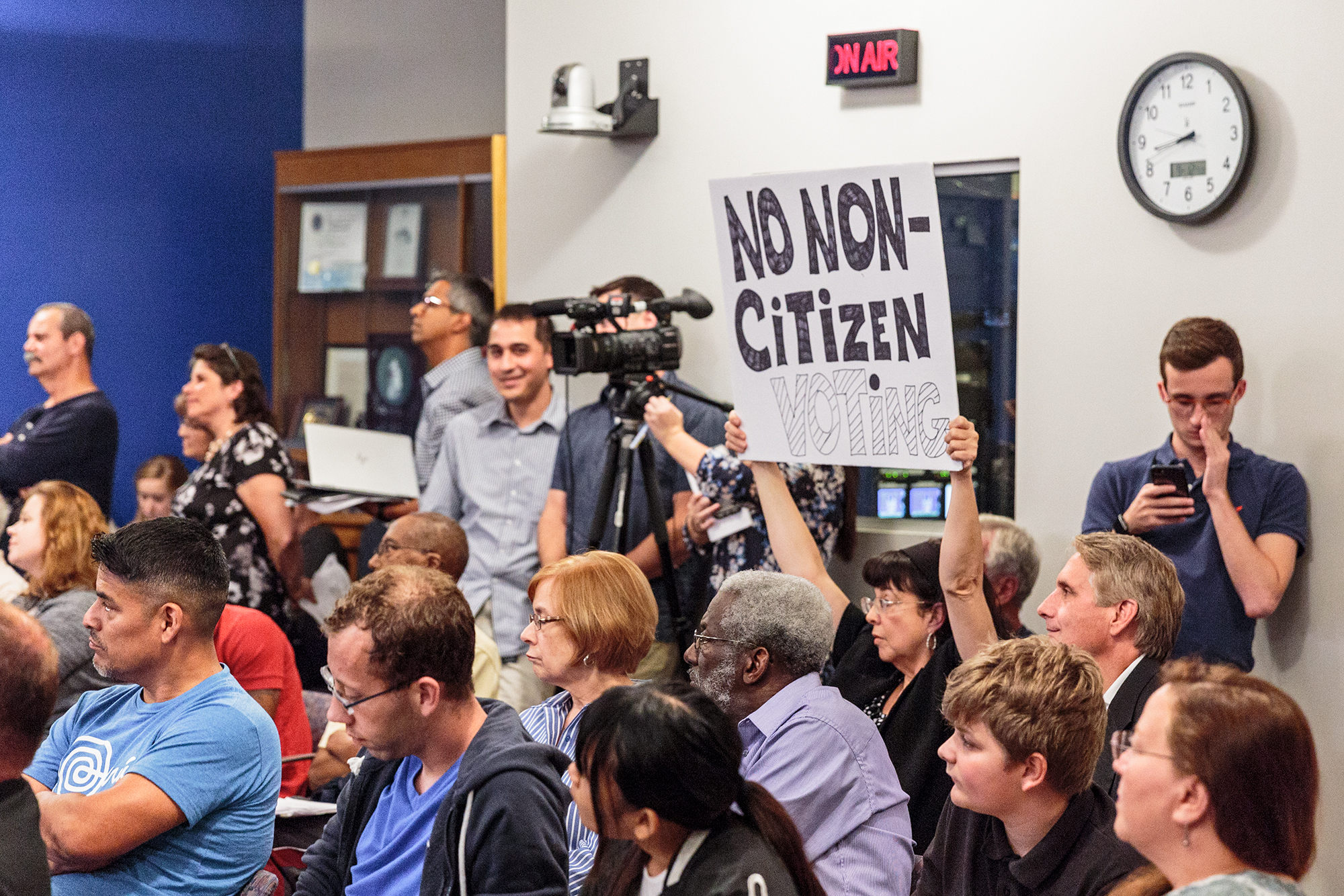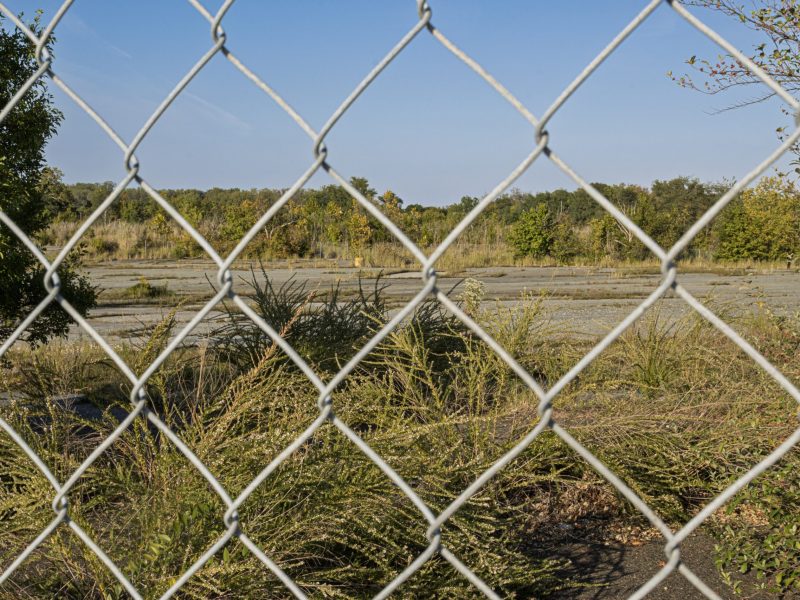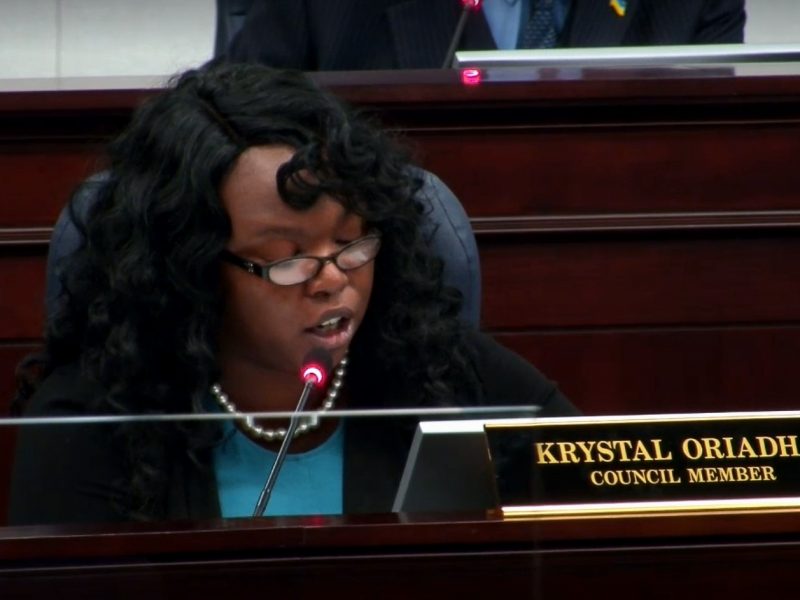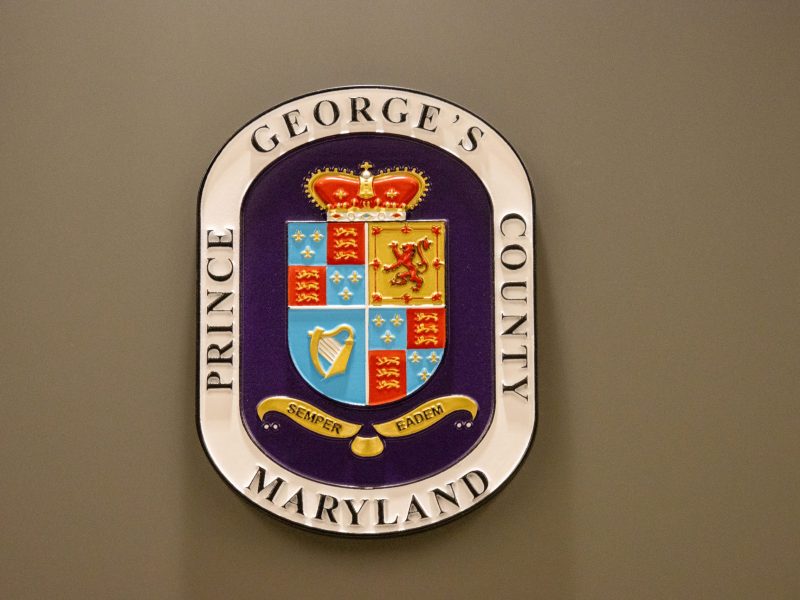Editor’s note: On Tuesday night, the College Park City Council announced it would allow non-U.S. citizens to vote in municipal elections. On Friday, College Park officials wrote in a news release to media and residents that there were not enough supporting votes to adopt the city charter amendment. As of June, changes to the city charter require six affirmative votes, rather than a simple majority. Four council members voted in favor of the amendment, which was not enough for it to pass.
After the College Park City Council voted Tuesday to allow noncitizens to vote in municipal elections as of 2019, some residents shared their thoughts on the decision.
Beth DeBosky, a District 1 resident who has lived in College Park for about 14 years, said she was opposed to the charter amendment, as she feels voting is “an intrinsic right of a citizen only.” But she added that it “pains [her] heart to think that other members of [her] community do not feel included.”
Noncitizens could get involved in the city in other ways, she said, such as participating in community unity days or city boards and commissions. She urges noncitizens to “reach for [their] citizenship.”
DeBosky said if the issue went out to referendum, giving her and her neighbors a chance to vote on it, the decision would be “digestible” because it would be “true American democracy” happening.
At the Tuesday meeting, District 1 Councilman Fazlul Kabir moved to postpone considering the proposed amendment until after discussing the motion to approve an advisory referendum, and/or the motion to establish a voting rights commission. Kabir also moved to propose a change to the amendment that would extend voting rights just to green card holders. Both options were struck down.
“I’m not happy about the decision, but I’m not destitute about it,” DeBosky said. “Maybe this is a good thing. … Time will tell.”
[Read more: College Park will allow non-U.S. citizens to vote in local elections]
In December, Hyattsville became the first city in Prince George’s County to allow noncitizens to vote. Mt. Rainier, Takoma Park and Glen Echo are among at least 10 municipalities in Maryland to adopt similar policies.
Lindsey Ledford, a District 1 resident who has lived in College Park for more than a year, said she thinks the council “did the right thing.”
“Regardless of whether someone is a citizen or not, I think they’re a resident of the community — they live here, work here, go to school, have families. They should have a say what’s going on in our community,” Ledford said. “Simple as that.”
The charter amendment, which was first introduced at a June 13 meeting, has seen an influx of resident comment. Residents clashed at a July 11 public hearing, hundreds have sent emails to the council about the amendment and heated exchanges occurred among about 40 residents at the Sept. 12 meeting.
Its supporters say residents who pay local taxes should be allowed to cast a vote, while others say this privilege should be reserved for those who have received U.S. citizenship.
Ledford said she doesn’t think the issue has caused division in the city, but it has surfaced tensions there she’s seen reflected on a national level.
President Trump, who has promised to crack down on illegal immigration, ordered an end to the Deferred Action for Childhood Arrivals program last week. The program allows some undocumented immigrants who came to the United States as children to stay in the country in two-year blocks. As of fall 2016, the University of Maryland had 113 students covered by the DACA program.
“White people need to do better. This is on us,” Ledford said at the meeting. She cited incidents such as the murder of Richard Collins on this university’s campus and an email exchange sent by a former professor at this university discussing Latino students’ qualifications for the Mock Trial team.
Robert O’Brien, a District 1 resident who has lived in College Park for about 27 years, said he was disappointed that the issue did not go to a nonbinding advisory referendum on the Nov. 7 ballot so that citizens could provide input on the matter.
“I don’t think that it was well-publicized within the city, and most of the people in College Park are not reading the agenda of the city council,” O’Brien said. “The election and the referendum would have provided that opportunity to publicize the issue.”
He added that he thinks the decision “will come as quite a shock to most people that are living in the city.”
DeBosky agreed that the issue was not well-publicized. She said she is vocal in the community but “didn’t hear anything about this,” adding that the council did a “poor job at marketing this.”
[Read more: Greenbelt could lower the voting age to 16 for local elections]
Information about the charter amendment was published in July, August and September’s Municipal Scene, the city newsletter published electronically at the beginning of each month. The issue has also been referenced seven times since June in Mayor Patrick Wojahn’s weekly updates.
District 1 resident Grace Ellis, who has been living in College Park for six years, said she thinks the decision will likely become “less controversial” moving forward.
“It’s most likely going to become less controversial when people realize it’s not a very big deal and that it’s not going to have a negative impact on our community,” Ellis said. “But I think that it’s definitely attracted some probably unwanted attention to our community.”
Ellis added that she wanted the originally worded charter amendment to pass and not limit extending voting rights to only noncitizens with green cards. She said she thinks that there are “definitely risks with trying to keep track of everyone’s immigration papers.”
“Part of the goal of this whole thing was to bring the community together,” Ellis said. “If you’re beginning to look at people and try to expect their immigration documents, their visa documents, it just serves to further marginalize people in our community who may already feel extremely marginalized.”



